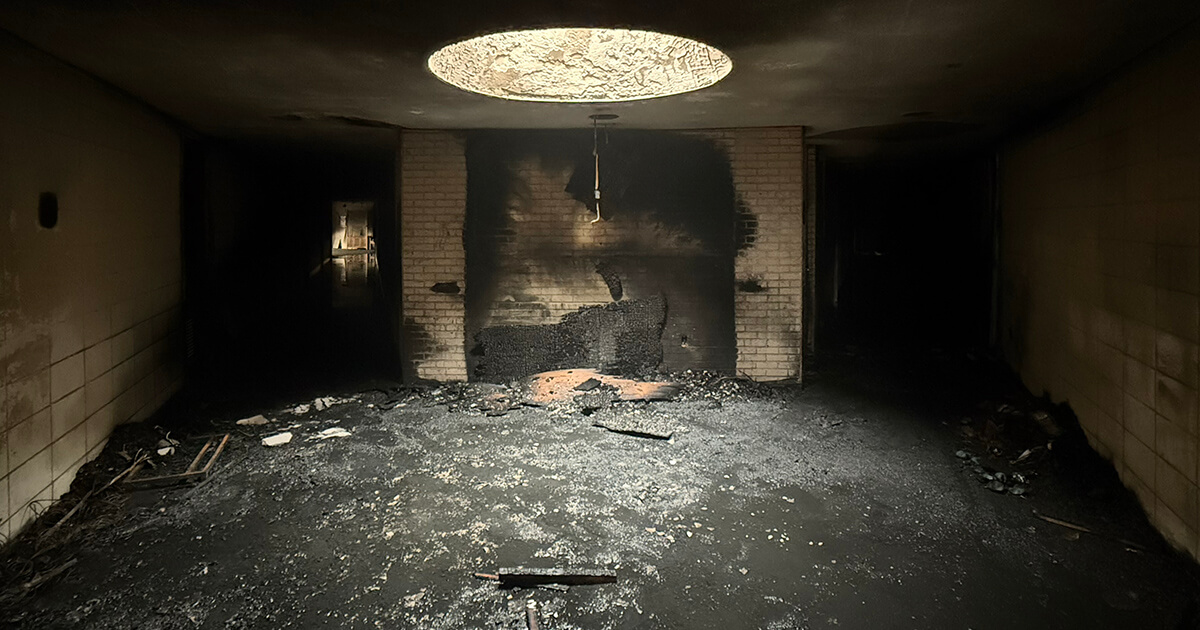How Jewish Skepticism on Refugees Boils Down to Double Standards

Image by Getty Images
Deborah Lipstadt, a prominent and respected Holocaust Studies professor who often provides commentary for leading radio and television magazine programs, that she believes we should think carefully before we indulge a rash and emotional response toward migrants and refugees. She says she has four questions about the current migration crisis that require nuanced responses. But there is a difficulty here, because her questions are not nuanced.
Let’s take a look at what’s worrying her.
1) What if these migrants are not fleeing for their lives but looking for “a strategic opening” to secure a “better economic and social future for their families”?
The great wave of Jews from Eastern Europe that came over in steerage in the 1880s, 1890s and first decade of the 20th century did not come with passports. They did not speak English. They were economic migrants — pogroms were not the main push factor, as prominent Jewish historians like Yosef Hayim Yerushalmi have shown in their research. They immigrated under America’s open door policy. And they did not know from democracy. A few of them became mobsters, but the vast majority became productive and proud citizens within one generation.
Lipstadt acknowledges that her own parents immigrated for economic reasons. But, she says, they came as “part of an articulated immigration process.”
That’s exactly the point, though: There is no articulated immigration process for the people currently risking their lives to cross the Mediterranean on overcrowded rubber rafts, or facing down hostile security forces in Europe. Does that mean we should do nothing?
One might also point out that a person who undertakes a harrowing, life-threatening journey to a new country, weighed down by children and babies, is by definition desperate. War causes poverty. Poverty leads to starvation and starvation leads to death, which means that a person fleeing poverty is indeed fleeing for his life. But the bottom line is that every human being has the right to live in a place that is safe and allows them to earn enough for food, shelter and clothing.
2) Can Europe absorb the refugees and can the refugees adjust to life in Europe?
Well, interesting question. Europe is now looking at about 350,000 mostly Middle Eastern refugees to resettle. They comprise a minute fraction of the E.U.’s population of 503 million people. For comparison, there are 4 million Syrian refugees currently spread out between Lebanon, Turkey and Jordan, none of which are rich countries.
Since the establishment of the E.U. and the end of the Cold War, millions of Europeans have migrated around the continent — many of them born and raised in countries that have no tradition of democracy. But no one is asking if the 78,000 Poles living in Sweden or the 79,000 Hungarians living in England can adapt to the values of their new country. Perhaps this question is asked more frequently of brown people in general and of Muslims specifically.

Image by Getty Images
3) Why aren’t the rich Gulf States taking in refugees from Syria?
They should, of course. But they are not, and their reasons for failing to do so are not at all flattering.
Yet the point of Lipstadt’s question is unclear. Are we going to suspend help and sympathy for some Arabs because other Arabs refuse to come to their aid? Since when is “Hey, they’re much worse than us” a sound basis for foreign policy?
4) What about Israel?
In the last section of her article, Lipstadt responds to those who say Israel should take in a few Syrian refugees. Not a good idea, she thinks. But there is a logical gap in her argument. She first posits that Israel has no way to vet refugees for security risks, imagining crowds of asylum seekers breaking through the border. This ignores the fact that there’s no physical way for Syrian refugees to enter Israel — certainly not en masse. The borders are sealed and very well protected by the army.
She also argues that Israel has already been sufficiently generous by offering medical treatment to wounded Syrians who accepted it but won’t talk about it because their fellow Syrians hate the state that provided it. That’s just not an accurate reading of the Middle Eastern political climate. Anti-Israel sentiment is a populist issue that is exploited by various groups for political gain, but that does not mean that Syrians are waiting for an opportunity to attack Israel. Obviously, they have much more pressing concerns right now than an old political grudge that long ago lost its power to animate the masses in the Middle East.
The subtext of Lipstadt’s concerns seems to be that if Europe accepts refugees from Syria, it will change. Given the images of death and desperation we have seen in recent years and months, indulging in this concern seems quite cruel. I don’t think anyone would retroactively ask for nuance in judging those who once turned away desperate Jews during the Holocaust, consigning them to genocide, because they were not Christian and might not fit in.














